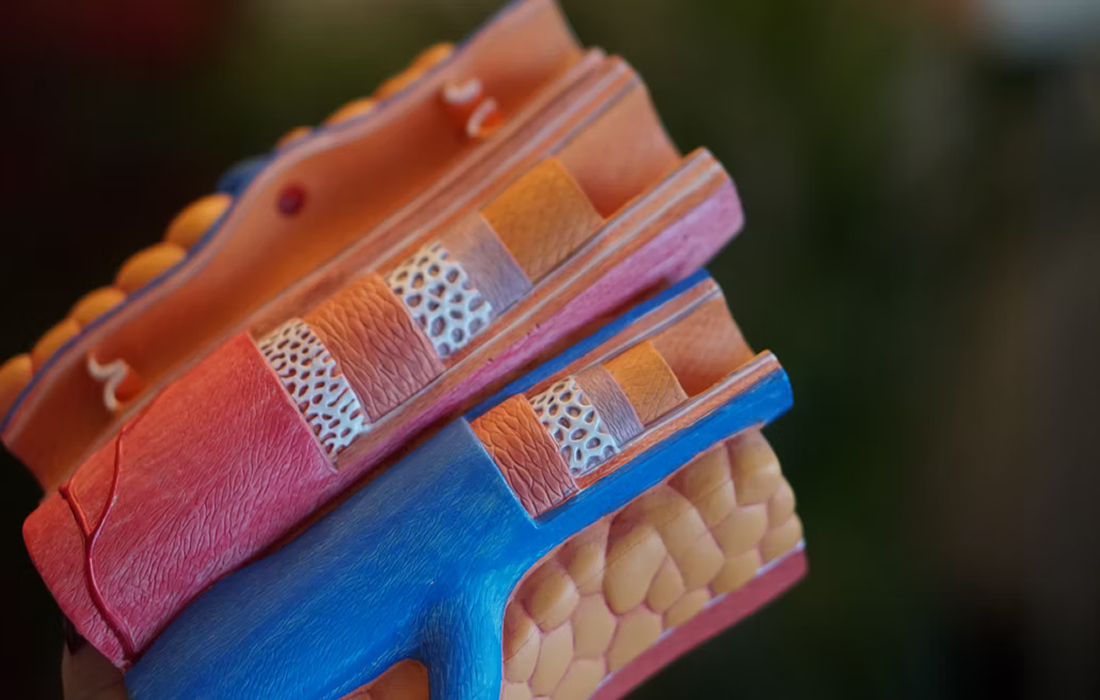Regenerative Medicine News and General Information
New Potential Strategy to Prevent Atherosclerosis Progression
Cardiovascular disease (CVD) is the leading underlying cause of death worldwide, accounting for more than 31.5% of total deaths. The main risk factors for developing atherosclerosis, which is the most common cause of CV clinical events, such as obesity, hypertension, diabetes, and aging are rising due to changes in lifestyle and the growing elderly population.
In a recently published study, researchers from the Albert Einstein College of Medicine successfully minimized artery-narrowing plaque in mice that would otherwise develop those lesions. The team did this by boosting chaperon-one-mediated autophagy (CMA), which is a cellular housekeeping process that the lead researcher discovered in 1993, Dr. Maria Cuervo.
CMA normally degrades many proteins that cells contain, and its specialized chaperone proteins bind to other proteins in the cytoplasm and guide them to lysosomes to be digested and recycled. Dr. Cuervo previously found that disrupted CMA allows damaged proteins to accumulate to toxic levels, contributing to aging and when this happens in nerve cells, contributing to the development of neurodegenerative diseases.
CMA Role in Atherosclerosis
To evaluate the role of CMA in atherosclerosis, the team promoted atherosclerosis in mice by feeding them a fatty Western diet for 12 weeks and monitoring CMA activity in plaque-affected aortas of the animals.
The team found that CMA activity initially increased in response to the diet change, but after 12 weeks the plaque buildup was significant and virtually no activity of CMA was detected in macrophages and arterial smooth muscle cells.
CMA seemed very important in protecting macrophages and smooth muscle cells. The researchers noted that feeding a high-fat diet to mice totally lacking CMA activity produced even stronger evidence of the importance of CMA, with plaques nearly 40% larger.
They also found evidence that weak CMA activity in humans correlates with atherosclerosis too.
This is the first study to show that increasing the activity of CMA could be an effective way to prevent atherosclerosis from becoming severe or progressing, which could lead to the development of new therapeutic options targeting CMA activity. The team is already working on drug compounds to target CMA and is evaluating their use in mice models.
Source:
Julio Madrigal-Matute, et al. Protective role of chaperone-mediated autophagy against atherosclerosis. 2022. PNAS. https://doi.org/10.1073/pnas.2121133119
Albert Einstein College of Medicine. “Researchers find new strategy for preventing clogged arteries.” ScienceDaily. ScienceDaily, 1 April 2022.
<www.sciencedaily.com/releases/2022/03/220328150520.htm>.
Image from:
Photo by Robina Weermeijer on Unsplash

